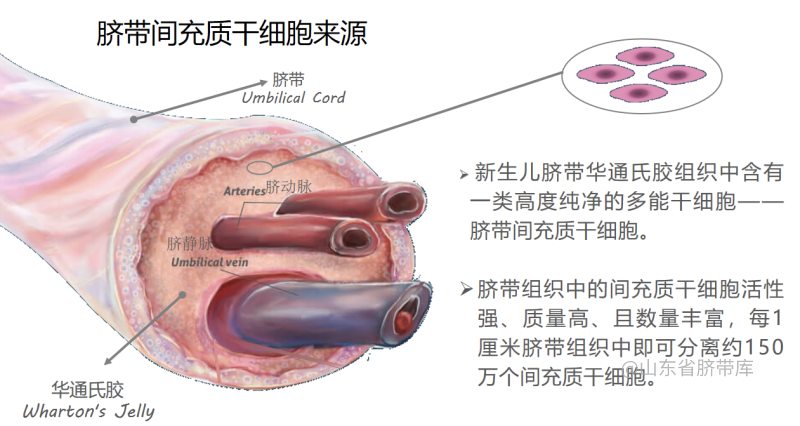Patients with cerebral palsy gain not only recovery from their condition but also emotional solace.
When it comes to hospitals, most patients have experienced the crowded spaces and noisy environments. Registration, payment, and waiting for an appointment all involve long lines, which can be quite stressful. In the consultation room, doctors, burdened by heavy workloads, may rush through questions and seem a bit impatient. In such an environment, patients' emotional burdens increase, and their already exhausted bodies must also bear psychological stress, turning the entire visit into a frustrating experience.
When you walk into a hospital, imagine it being replaced by warmth, harmony, and comfort—spacious and bright lobbies, courteous and composed guides, clear and easy-to-understand signage, patients in large numbers but without any sign of congestion, and meals that are just to your liking. Isn’t this the ideal state of a hospital you envision?

Functional Neurosurgery Center - Real Scene
“Sometimes to cure, often to help, always to comfort.” Dr. Trudeau's motto, expressed in simple yet profound language, reveals the essence of medicine.
Walking through the Nolai Medical Hospital campus, one can see a strong emphasis on a patient-centered approach, respecting and caring for patients. The comfortable and warm medical environment helps patients maintain a positive mood and further meets their needs for medical, nursing, physiological, and emotional comfort.
Recently, the medical staff at the Functional Neurosurgery Center received a letter of gratitude from the mother of a child with cerebral palsy who had undergone frameless stereotactic brain surgery at our hospital. The letter was filled with heartfelt appreciation.

Chengcheng (a pseudonym) was born prematurely with oxygen deprivation, resulting in cerebral palsy. His body was very weak, weighing only 900 grams, with underdeveloped lungs, respiratory system, and nervous system. This tiny baby spent a long 109 days in an incubator.
As Chengcheng grew, the abnormal symptoms caused by cerebral palsy became increasingly apparent. He experienced high muscle tone in his limbs, was unable to sit, stand, or walk independently, had difficulty with head control, and struggled with limb movement. For years, his parents have supported him through conservative rehabilitation treatments, but the results were not very satisfactory. Chengcheng's father, determined for his child's development, resigned from his job to become a full-time caregiver at home, managing Chengcheng’s daily needs and education. He maintained a positive and optimistic attitude, aiming to educate and inspire Chengcheng, encouraging him to face life’s challenges in the same manner. Fortunately, Chengcheng is very intelligent and performs well academically.

In life, there are often disappointments and setbacks, but new hope always emerges at some point. By chance, Chengcheng’s parents learned that the Functional Neurosurgery Center at Nolai Medical Hospital could perform frameless stereotactic brain surgery to treat cerebral palsy. After thorough research and consultation, they decided to bring their child to the hospital for the surgery.
Before the surgery, Professor Tian Zengmin, the chief expert in neurological diseases at Noulai Medical, and his team developed a personalized treatment and surgical plan for Chengcheng. During the postoperative hospitalization, Chengcheng’s muscle tone in his limbs significantly decreased, and his hand movements became more flexible compared to before. Chengcheng mentioned that he felt much more relaxed and comfortable after the surgery.
Chengcheng’s parents expressed their deep appreciation for the professionalism and care provided by Nolai Medical Hospital, from the close attention before admission, meticulous preoperative preparation, and smooth execution of the surgery, to the attentive postoperative care. They felt the development and progress of medical technology in their country and the warmth and care provided by all the medical staff.
Dear Chengcheng, may you be like a seed, bravely breaking through the mud and stretching your tender sprouts toward the sky. May you be treated gently by this world, and may you always be filled with love for life!

In early 2019, Noulai Medical, in collaboration with a renowned domestic team of stereotactic neurosurgery experts led by Professor Tian Zengmin, established the Nolai Medical Functional Neurosurgery Center to treat brain diseases using frameless robotic stereotactic surgery. This robotic stereotactic technology is a result of the National 863 Program’s research and development, mainly used for planning, navigation, and stereotactic guidance in minimally invasive brain surgery. It offers advantages such as high precision, minimal trauma, short duration, and lower costs.
By utilizing the advanced Ruimi neurosurgical robot to perform stereotactic minimally invasive brain surgery, precise control and repair of intracranial lesions and neural nuclei can be achieved, establishing new balances and effectively treating brain disorders such as cerebral palsy, autism, epilepsy, Parkinson’s disease, Alzheimer's disease, cerebellar atrophy, and post-stroke sequelae. This technology is characterized by its minimally invasive, precise, efficient, and safe nature. Its application has brought significant rehabilitation benefits to many patients with brain diseases, including children with cerebral palsy, autism, epilepsy, and Parkinson's disease, both nationally and globally. In recent years, Professor Tian Zengmin’s team has performed frameless stereotactic brain surgery for over 20,000 brain disease patients from 36 countries, reaching an internationally advanced level in both the theoretical and clinical aspects of robotic surgery.














